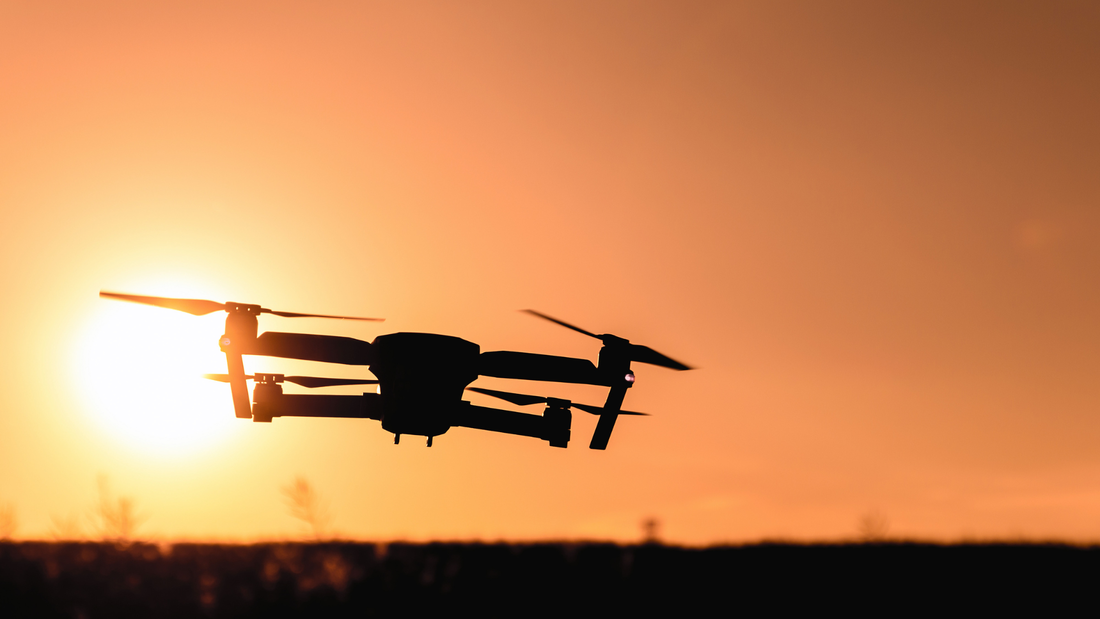|
The Fourth Amendment of the U.S. Constitution protects Americans against “unreasonable” searches and seizures. But what is unreasonable? Is a low-flying drone taking photos of you and your property behind a privacy fence reasonable?
In October, the Michigan Supreme Court will hear oral arguments in what could well become a landmark privacy case. The outcome may help determine the national limits of drone surveillance – and perhaps influence the limits of government surveillance – for all Americans. The facts are pretty simple. Todd and Heather Maxon of Long Lake Township in Michigan live on a five-acre estate, where Todd likes to repair old cars. In 2008, the Township government charged the Maxons with operating an illegal junkyard. The couple and the Township reached a settlement. In 2018, the Township received tips that the Maxons had violated their settlement by bringing more cars onto their property, even though such vehicles were not visible from the street. So the Township hired a private drone operator to fly a high-resolution camera over the Maxon property to take images. The Maxons sued, claiming that their Fourth Amendment rights were violated. A lower court agreed with the government but was overturned in 2021 by the Michigan Court of Appeals. That court ordered that the drone photos be suppressed. At the heart of this case is the “reasonable expectation of privacy” articulated by Supreme Court Justice John Marshall Harlan II in Katz v. United States (1967). But technology keeps testing what is a reasonable expectation of privacy. The Supreme Court has zigged and zagged along the way, once upholding a wiretap to be permissible because it occurred at the telephone pole and did not require a physical intrusion into the home. Katz overturned that standard, invalidating an FBI wiretap of a public payphone, where the caller (a sports bookie) had a reasonable expectation that he would not be overheard. “The Fourth Amendment protects people, not places,” Justice Potter Steward declared in the Court’s majority opinion. But the Court returned somewhat to the physical intrusion standard – invalidating thermal imaging by police from the street that penetrated inside a target’s home in Kyllo v. United States (2001). The Cato Institute and Rutherford Institute, in an amicus brief, noted the problem with the physical intrusion standard: “At present, police are free to go through people’s garbage, look into their barn with a flashlight, and read through their bank records without going through the hassle of first securing a warrant.” We now live in an age of ubiquitous digital intrusion with government purchases of our private data, as well as optical intrusion from drones and other aerial surveillance. In other words, the current privacy standard is a jumbled mess. That is why the Maxon case is potentially so important. At its simplest, it will determine if drones – an increasingly ubiquitous reality in American life – will be freely used to spy on Americans in their backyards (as the New York City Police recently did over backyard barbecues during Labor Day). But we think the Maxon case may prove to be pivotal in defining – perhaps, eventually, by the U.S. Supreme Court – what privacy and reasonableness mean in an era of drones, facial recognition software, and artificial intelligence. Comments are closed.
|
Categories
All
|


 RSS Feed
RSS Feed